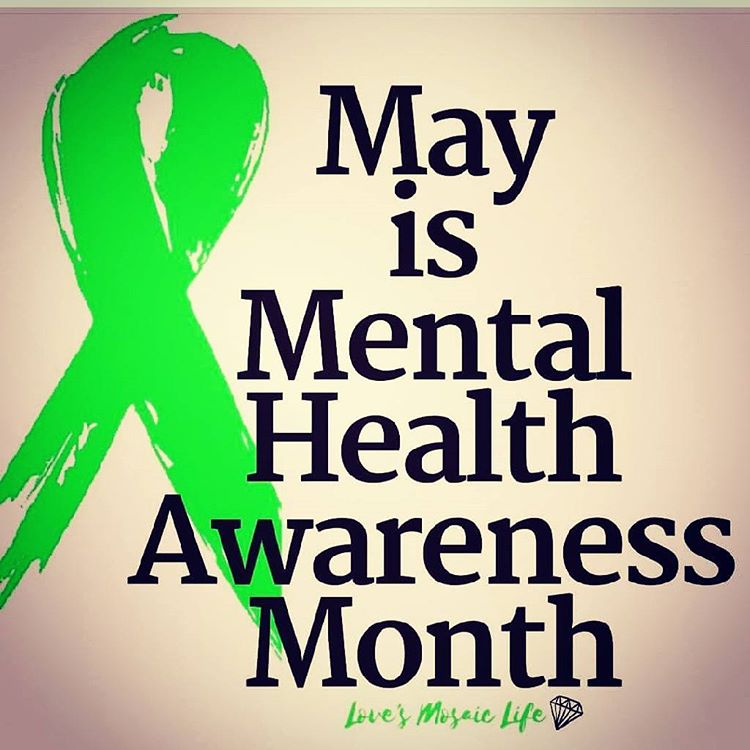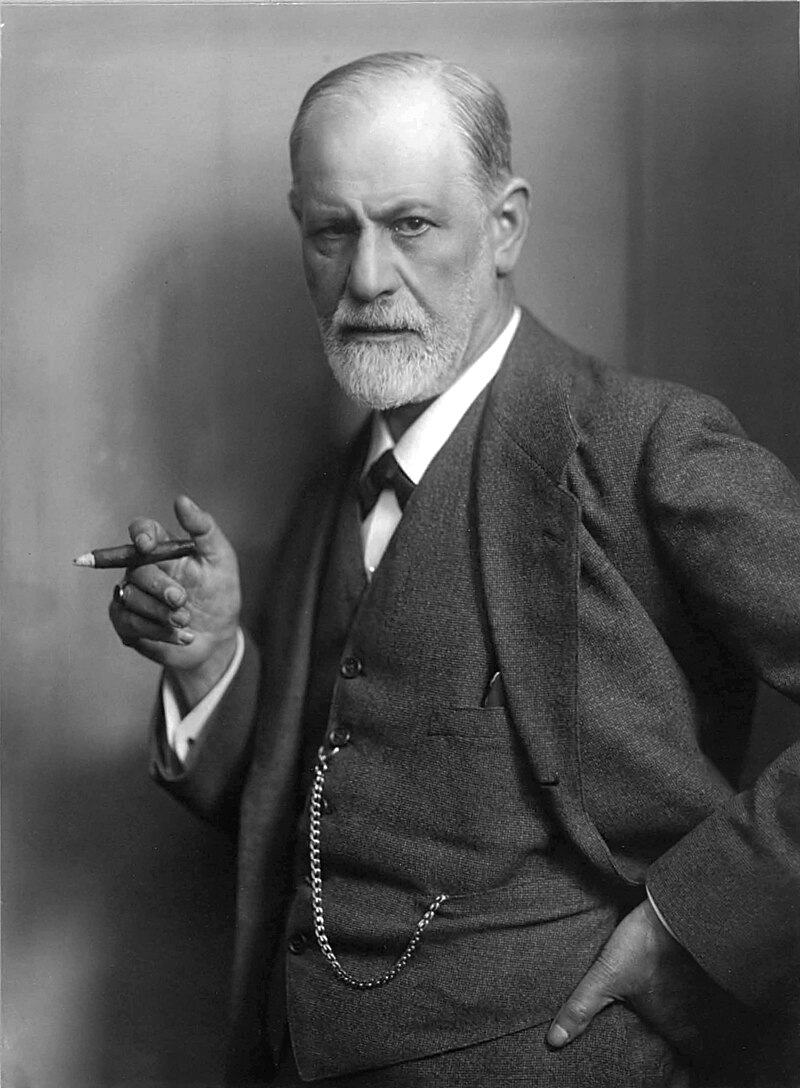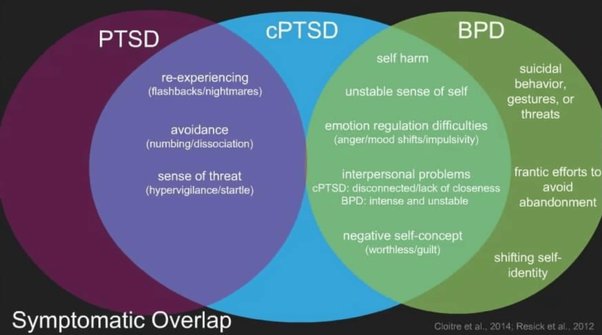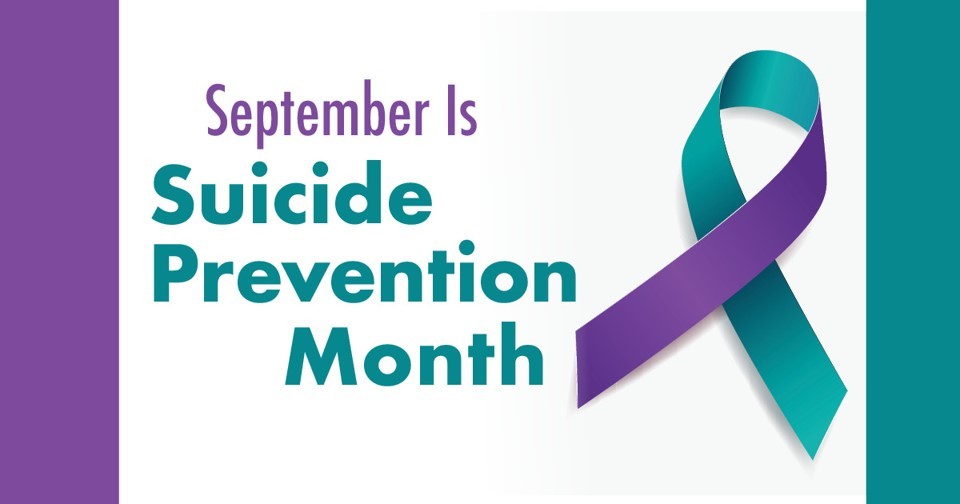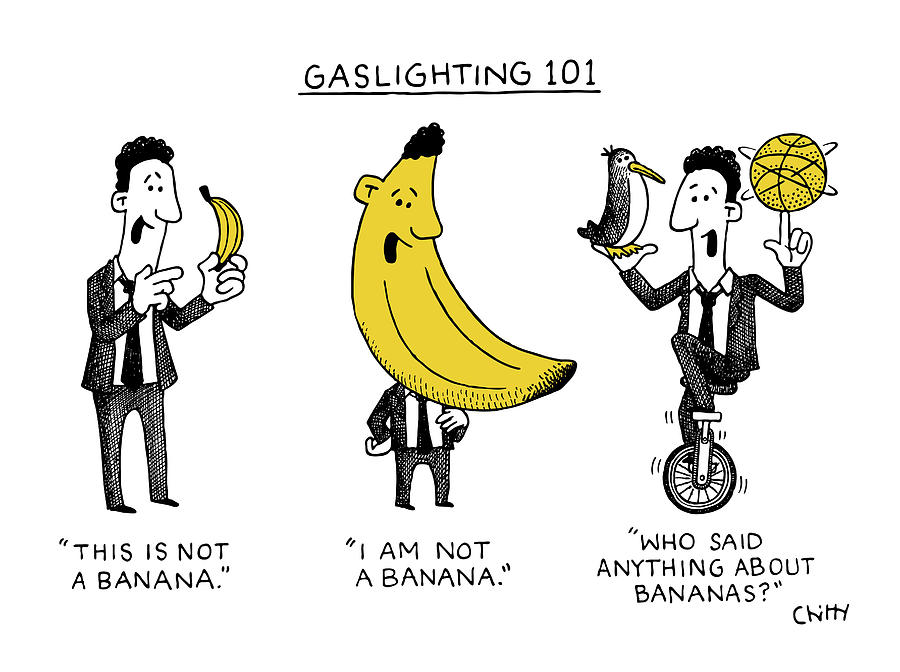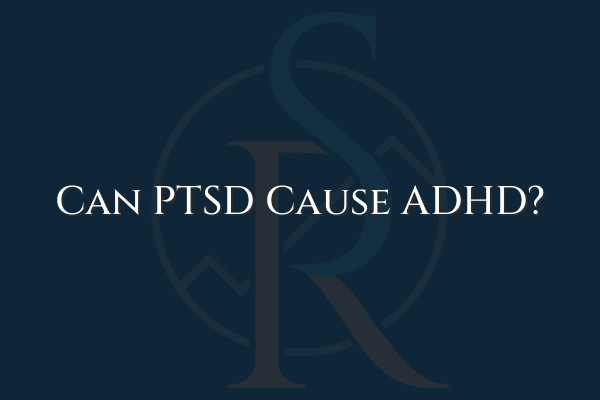You Can Check Out Our Work.
News & Articles
Orthorexia is on the rise.
When Healthy Eating Becomes Harmful: Understanding Orthorexia At Mountain Valley
Are Utahns lonely?
Exploring Utah’s Loneliness Epidemic According to a recent survey, 42.5%
Nice weather doesn’t mean therapy isn’t necessary.
Why Therapy in the Summer Months is Just as Important
No wait! We have new team members!
Exciting New Beginnings at Mountain Valley Counseling! At Mountain Valley
May is mental health awareness month
May is Mental Health Awareness Month: Take Action Today Since
April is Counseling and Stress Awareness Month
🌿 April is About Awareness — and Support At Mountain
Bad Therapy does exist, but trained professionals should
The problem with blanket statements from the untrained eye. By
Ketamine Therapy Group coming to MVC in March.
Exploring Ketamine Assisted Psychotherapy at Mountain Valley Counseling: A
Psychodyamic therapies were the original trauma therapies…
Trauma and Psychodynamic Therapy By Misty Newman, CMHC, Owner
Great book recommendations to start out 2025 from
As we begin 2025, there’s no better way to reflect,
Creating joy around the holidays for yourself
Making the holidays enjoyable for yourself is all about being
C-PTSD and PTSD. Similarities and differences
Understanding the nuances between C-PTSD, PTSD, and Trauma As a
Small group practices vs. big tech. A good
The Value of Small Group Practice in Mental Health Therapy:
Mental Health and the problem with “quick fixes”
Why Mountain Valley Counseling Emphasizes Deeper Healing At Mountain Valley
Suicide Awareness Month
Suicide Prevention and Awareness Month 2024: Supporting Others and Self-Care
The correlation between PTSD and ADHD.
Attention-Deficit/Hyperactivity Disorder (ADHD) and Post-Traumatic Stress Disorder (PTSD) are
How new age therapies re-brand psychoanalytic concepts that
How Freud's ideas show up in new age contemporary
Pros and Cons of psych talk
The Importance of Mental Health Dialogue: A Therapist’s Perspective In
Healing Trauma from and honoring all of your
The IFS treatment model is becoming quite popular. It is
Why having a secure attachment to your therapist
The Impact of Secure Attachment on Therapy Outcomes: A Review
Psychodynamic Therapy is evidenced based and can have
Insight-Oriented Therapy: Understanding Its Effectiveness Through Research Introduction Insight-oriented therapy,
Is there a problem with all of the
Self-diagnosing is on the rise. Here is why and the
Why is America seemingly so traumatized?
It seems like many people in America are saying they
Are depth psychologies “evidenced based?”
In the landscape of therapeutic approaches, psychodynamic therapy stands as
Attachment Styles
Attachment theory, developed by psychologist John Bowlby, proposes that the
The Value of Psychodynamic Psychotherapy
The Efficacy of Psychodynamic Therapy in Mental Health Psychodynamic therapy,
What happens when love from parents is conditional?
Why we need unconditional love from our parents in order
2024 and feeling better in sustainable ways
Ways to truly and realistically feel better this year.
Borderline Personality Disorder
There are several things that people don't know are common
Re-parenting work
What is re-parenting and how to begin.From the Holistic Psychologist.
How investing in business depended increasing to
Lorem ipsum dolor sit amet, consectetur adipisicing elit, sed do
Email marketing tips that will increase your sales.
Lorem ipsum dolor sit amet, consectetur adipisicing elit, sed do
Productivity tips to avoid burn out when working.
Lorem ipsum dolor sit amet, consectetur adipisicing elit, sed do
Care vs. Cure
By Bradon Grove, ACMHC psychotherapist at Mountain Valley Counseling The
Trauma and the implications
Trauma and the mental, physical and substance abuse related implications.
THC use and some mental health implications.
THC use can be a controversial topic. People are either
Does the world seem apocalyptic right now?
How to manage anxiety when things seem futile and difficult.
Strategies to help deal with 2020.
2020 has been an unprecedented year with lots of uncertainty
Signs that you are getting good therapy.
How do you know if you are getting good therapy?
The problem(s) with having a “bucket list.”
Interesting perspective on having a "bucket list." Do you have
Fathers and their sons.
Some good tips for raising emotionally intelligent and expressive young
The Dangerous side of perfectionism.
Perfectionism and the mental health implications.
Telehealth as an alternative to in person psychotherapy
Telehealth as a way to access healthcare during these uncertain
Narcissism and depression
Great article about the link between depression and narcissism. The
How did your parents influence you?
10 ways parenting influences people well into adulthood.
Do you suppress your emotions?
The disadvantage(s) of denying, not feeling, not dealing with or
Do you tolerate one-sided relationships?
I intermittently post about attachment styles and how they manifest
Does this sound like you or someone you
Eating healthy and exercising are very important to one's overall
“Dry January?”
Many people assess their personal goals, professional goals, health/wellness, which
Self-care for men. How does it work?
"A lot of men are conditioned to be the provider,
The correct description of Bipolar Disorder(s).
As with a lot of mental health difficulties, Biploar Disorder
What therapists want people to know.
I bet most mental health professionals would agree with this.
Malignant narcisssim , narcissistic tendencies or something else?
I notice that narcissism gets thrown around as a descriptor
Signs your mental health may need some attention.
Do you ignore signs that your mental health may need
There are both pros and cons to diagnosis.
Diagnosis can be limiting and used in a pejorative manner.
Eating well and mental health.
Healthy eating can impact your mood and overall wellness. Healthy
The emotional reasons that can lead to procrastination.
Ever wonder why procrastination is an issue for you? Check
Avoidance of emotions and the negative impacts on
Do you avoid feeling your emotions?
Private insurance being held accountable in the mental
Glad to hear judges are holding this insurance company accountable
Preventing child sexual abuse
Although a bit heavy and can be difficult to confront,
Read this and you decide if childhood trauma
How individual trauma impacts society as a whole.
Practicing assertiveness in therapy
What would it be like to tell your therapist what
Some therapy clarifications and rationals.
A better understanding of the therapeutic relationship.
Which style of parenting do you use?
Parenting. How you were parented often impacts your style of
Undoing and understanding deeply seated patterns and behaviors
Why therapy takes time.
Happiness, depression and meaning…how are they all connected?
Depression and the existential struggles people have.
Talking to both boys and girls about sex
Talk to your kids about sex and sexual abuse.
Walking as exercise for the mind and body
Walking...it's good for both the mind and body.
Work-life balance…is it a reality?
The notion of work-life balance is often a set up
Even happy people feel sadness and loss.
Avoidance of painful emotions can make them worse...
More things involve trauma than one would think.
The implications of trauma. Substance abuse, addictive behaviors, anxiety, depression
Are you always late? What purpose does that
Lateness and procrastination patterns and what they mean.
Do you internalize or externalize blame?
Blame and the benefits of being more accountable.
Great reads about being self-focused and how to
Humility, self-centeredness, putting yourself in others shoes
Is love always fraught and addictive?
Love and passion and the way we talk about them.
What gets played out in relationships?
Understanding relationships and where anxiety in them comes from.
When some responses, no matter how well intended,
Being with someone in their sorrow can be enough
Mental illness and addiction doesn’t discriminate.
When stars impact the mental health community. She leaves a
The way we talk and think about gender
How we socialize according to gender and the implications that
The secretive nature behind sexual desires.
Sexuality and taboos about what people really like and want.
Do you really want to make a change?
Stages of change. Good article on what can get in
How to help someone who is grieving?
Grieving...platitudes and trite responses are not helpful.
Joy can be so terrifying that we avoid
Joy and happiness...are we afraid to feel it?
Childhood trauma and healing.
Childhood trauma There is recovery from childhood traumas.
The psychology behind the public bathroom fiasco
Was Freud right? Anxiety, shame, psychosexual stages of development, binary
Doctors…are they legal drug dealers?
Prescription Thugs. Good documentary about the prescription drug epidemic in
Interesting article about addiction
Addiction. Who is really responsible. If you have a script
Childhood and the brain
Childhood Adversity While childhood impacts brain development and the potential
Grieving and Loss. How to support someone going
Grieving. Grieving and loss...things people don't always want to talk
Alcohol or drugs…which is more dangerous?
Alcohol. 3rd leading cause of death in the U.S.
Drama in relationships can be eliminated by setting
Drama Triangle Also known as relationship triangles. Persecutor, rescuer and
Grieving and loss
Grieving=Acceptance and forgiveness. Grieving is crucial in mental health. Not
Boundaries make relationships last.
Boundaries. Boundaries are essential in relationships and make them sustainable.
Great video on parenting! Perfection isn’t plausible for
Parenting and attachment video.
Existential crisis? Or just a less defended place
How to cope with an existential crisis...Being thoughtful about the
Mental Health…is yours a priority?
Mental Health. It can't be ignored and it's becoming more
Uncovering what is repressed into your unconscious mind…
Repression...what we hide from or split off from our consciousness.
Psychoanalysis really works.
Old school therapy is evidence-based treatment. The new age solution focused
Rejection and abandonment…
Rejection can bring up lots of feelings and be incredibly hard
Writing is therapeutic and cathartic.
Write about the hard things...research says it helps.
Are kids taking longer to grow up?
Failure to launch. Young adults are regressing in terms of maturity...continued
Part 2 on attachment and relationships.
Nature and nurture. It's not one or the other, both
Romantic relationships and child-parent relationship links…
Part 2. How do you feel about the opposite sex? How
Compelling article about how we feel about romantic
How do you treat yourself and the opposite sex?
The power of listening and not problem solving.
Listening is what most people want when they are going through
Healthy marriages have these ingredients.
Does your Marriage have these things? What are you doing well or
Aging gracefully…
Aging. It's inevitable. How are you managing the existential reality
Untreated illness in the U.S.
Stats on untreated illness in the U.S. Many people don't
Anxiety…it’s common and treatment is important
Anxiety disorders are very common and therapy can be an effective
Both partners sharing childcare promotes more happiness
Childcare sharing leads to happier marriages and improves sex lives of
Sexualization of girls contributes to eating disorders
Sexualization of girls can lead to lots of problems including eating
Friendships help people feel happier 🙂
Friendships=happiness. Do you have loyal and trustworthy friendships? Connection with
PTSD doesn’t have to last a lifetime.
Post Traumatic Stress Disorder (PTSD) Research shows that talk therapy helps.
Women who do it all and loneliness can
Great article about the pressures women face to balance and
Financial stress in America=mental health related concerns?
Financial Stress in America. Great article about how it may connect
Utah controlled substance addiction on the rise.
Utah pill addiction and overdose related deaths on the rise.
It takes courage to let people really know
https://www.ted.com/talks/ash_beckham_we_re_all_hiding_something_let_s_find_the_courage_to_open_up Great Ted Talk about the courage it takes to
Stepping out of the mental illness closet.
Mental illness impacts more of the American population than most
Talk about the value of being vulnerable and
http://www.ted.com/talks/brene_brown_on_vulnerability?language=en
Great Ted Talk on addiction.
https://www.ted.com/talks/johann_hari_everything_you_think_you_know_about_addiction_is_wrong?language=en
Object Relations Therapy
Object Relations is a theory of the human personality developed
Psychodynamic Psychotherapy Brings Lasting Benefits through Self-Knowledge
Patients Continue to Improve After Treatment Ends, New Study Finds





